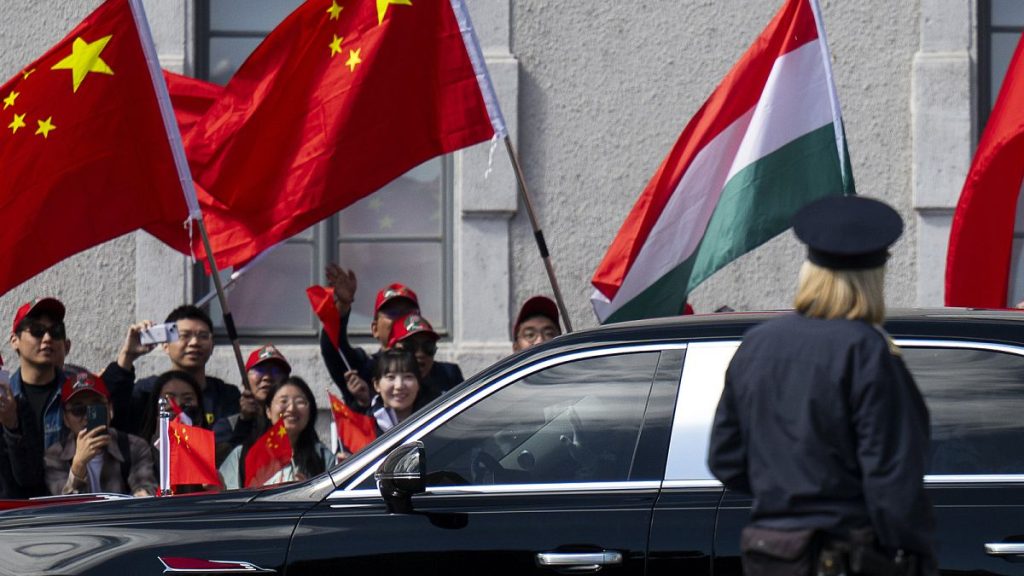Chinese President Xi Jinping’s three-day visit to Hungary is seen as a strategic move to ensure that Hungary can help China gain market share in the European Union. As part of the visit, Beijing and Budapest are expected to sign a total of 16 bilateral agreements, focusing on economic cooperation. Chinese companies are building electric car and battery factories in Hungary, and the two sides are set to sign deals related to infrastructural developments, railway, road, and energy projects linked to China’s Belt and Road Initiative.
One of the key projects discussed during Xi Jinping’s visit is the renovation of the Budapest-Belgrade railway line, with 85% of the investment covered by Chinese loans. This railway is intended to expedite the transportation of Chinese goods to Western Europe via the Greek China-run port of Piraeus. Despite the potential benefits, the project has faced criticism, with questions raised about its compliance with EU standards and concerns over the financial return on investment. Critics argue that the project may favor personal interests and raise corruption issues within the Hungarian government.
Expert opinions suggest that the huge investments from China in Hungary are motivated by both economic interests and security policy considerations. Hungary, characterized as one of the most corrupt EU member states, has entered into strategic partnerships with both China and Russia. The Budapest-Belgrade railway line is highlighted as a major project through which the Hungarian regime could extract significant financial gains. Hungary’s alignment with what is described as the ‘peace camp’, comprising revisionist and pro-war powers such as Russia, China, and Iran, is also emphasized.
While China seeks to expand its economic presence in Europe, EU officials are wary of the potential implications of China’s growing influence. The European Commission has initiated an investigation into Chinese state subsidies that allegedly distort market competition in the manufacturing of electric vehicles and solar panels. This move reflects the EU’s efforts to address concerns about unfair competition and safeguard its economic interests. As tensions between the EU and China continue to escalate, the outcome of Xi Jinping’s visit to Hungary may have broader implications for China-EU relations and the balance of power in the region.













